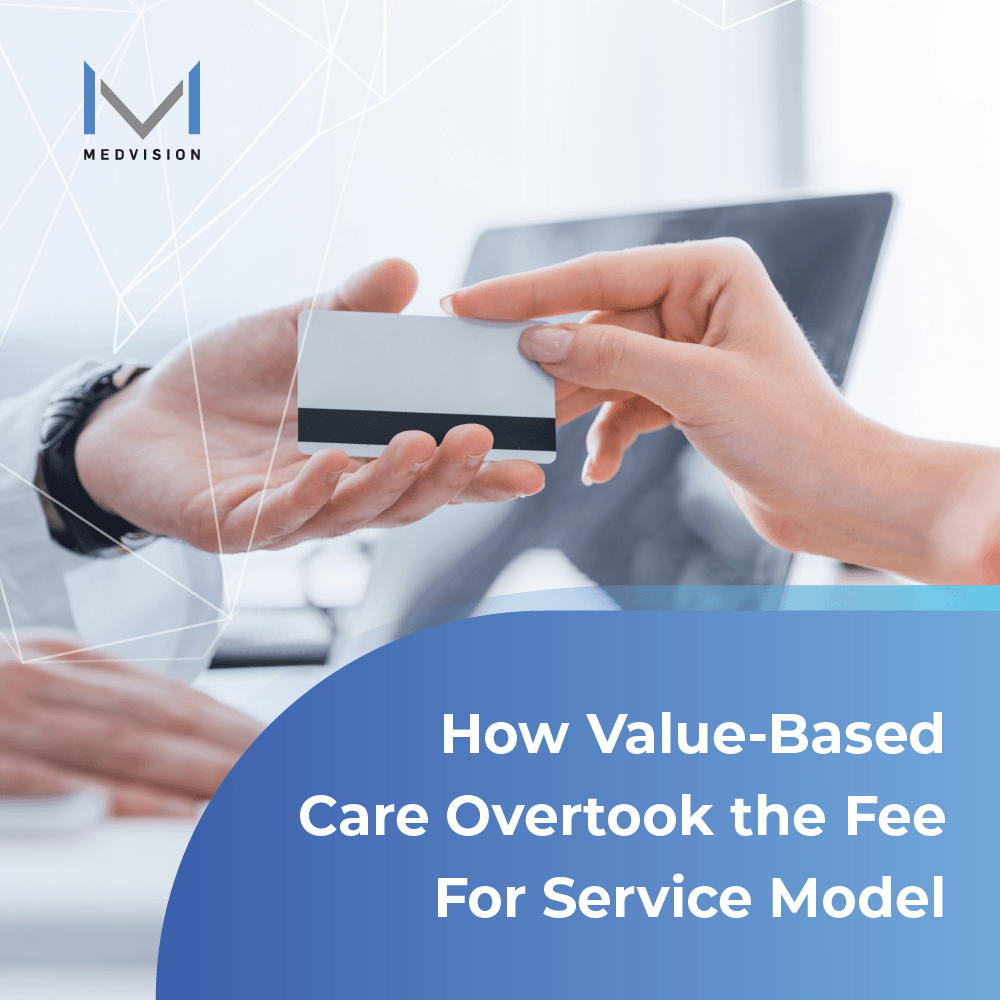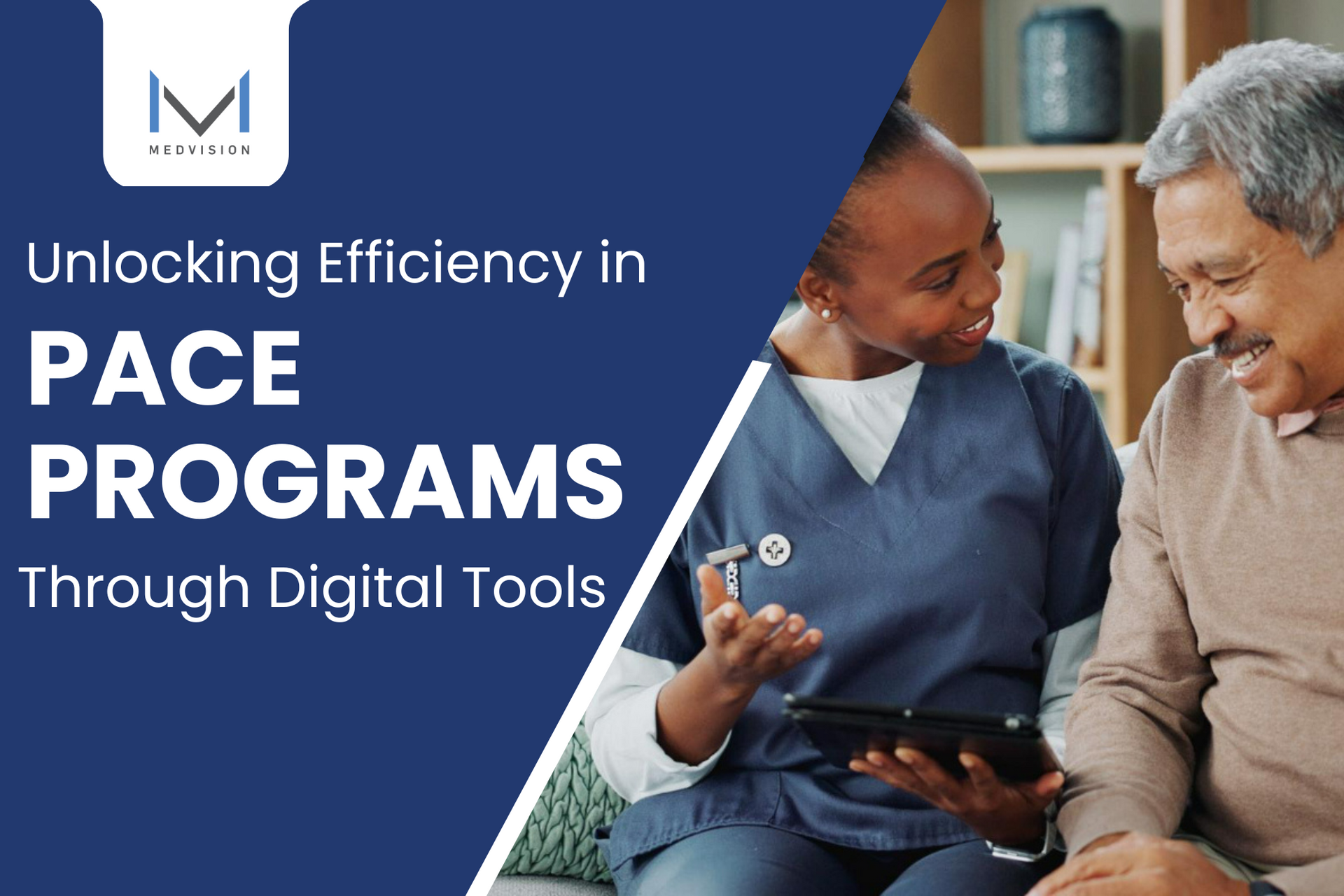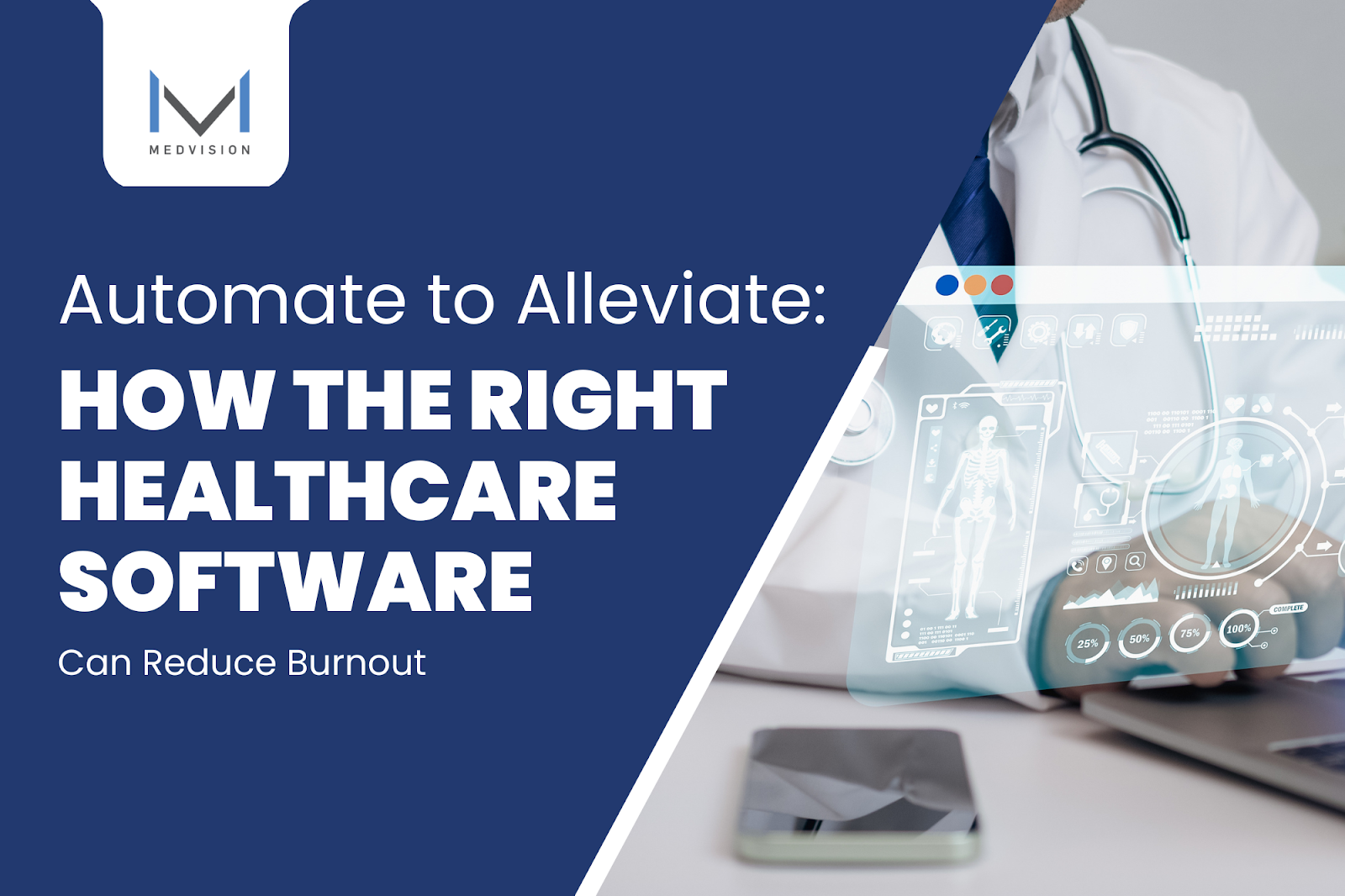How Can Your Organization Adopt Value-Based Payment?
By Selena Levi
The ongoing global health crisis has undoubtedly caused a lot of changes in today’s healthcare industry. Aside from spearheading the shift to telemedicine, the pandemic has also encouraged most, if not all, healthcare leaders to pay closer attention to what was once thought of as an overly ambitious goal, in the form of value-based care.
Now that patients can no longer just walk into healthcare facilities to access care,
value-based payment is becoming more and more common. A lot of healthcare providers consider it as the critical approach that could stabilize provider reimbursements, improve patient outcomes, and at the same time, reduce unnecessary costs.
If like many others, your institution is also thinking of adopting value-based payment, then this article is for you. This piece will discuss how
healthcare facilities can integrate value-based payment into their operations. However, before we get to that, let’s first define what value-based payment is.
What is value-based payment?
Value-based payment, which can also be referred to as value-based care, is a type of reimbursement structure that offers incentives to healthcare providers based on the quality of care they are able to supply.
Unlike the current fee-for-service system that rewards providers based on patient volume and the number of tests and procedures they ordered,
value-based payment can be extremely beneficial for patients. This fee-for-value system can encourage care teams to focus more on quality preventive care instead of unnecessary tests. This, in turn, allows patients to spend less for better outcomes.
Relevant stakeholders like the Centers for Medicare & Medicaid Services can also implement value-based care models by evaluating healthcare facilities based on the quality of care medical institutions are able to provide. This can involve immunization rates for certain diseases, readmissions, insurance spending per beneficiary, and even patient feedback.
Adopting a value-based payment system
In his article on Managed Healthcare Executive, Dr. Norman Chenven pointed out that in order to effectively implement a value-based model, healthcare leaders have to go beyond just simply changing the payment methodology. They also have to make certain operational changes that will allow healthcare professionals to deliver proactive and preventative care with ease. For instance, they can adopt more technologies that will allow physicians to access pertinent patient information and enhance collaboration within care teams.
Aside from the healthcare leaders, physicians also have to do their part in making the transition to value-based care possible. Considering the grave importance of a team approach to this method of delivering healthcare, and how physicians must start learning how to work with other specialists.
In the future, care teams will likely include professionals who can handle the paperwork, a social worker, and a behavioral health specialist. They must also get used to having a limited patient panel, which allows them to have extended time for patient visits. Knowledgeable and committed physicians are also expected to take on leadership roles and serve as the beacon to guiding the care team.
As healthcare professionals, nurses will also be profoundly affected by the shift to value-based care. For instance, following the boom of EHRs, the onus on making sure that EHRs are as accurate as they can be will fall into the hands of nurses who will be expected to document everything that happens to a patient.
This is why nurse managers and educators, are some of the most in-demand careers in nursing and will be crucial in the transition. The former oversees nursing units in healthcare institutions, the central point of command in the transitioning team that must remain informed, calm, and collected to ensure adequate care for patients and learning for nurses. Meanwhile, the latter will be in charge of educating current and aspiring nurses in light of the new systems and must equip them with the right skills that will allow them to thrive in highly advanced and digital healthcare facilities.
Despite the growing interest in value-based care, it could take healthcare organizations quite a long time to completely turn their institutions around and start subscribing to this new system. At the moment, the best thing institutions can do to start adopting value-based care is to focus on curating a value-based protocol and recognizing the role each health professional would play once the new system is in full swing.
Explore Related Blogs
Recently published articles
Keep in touch
Subscribe to get the latest update
Trending topics
Share your insights on social media
Upcoming events and company news



















